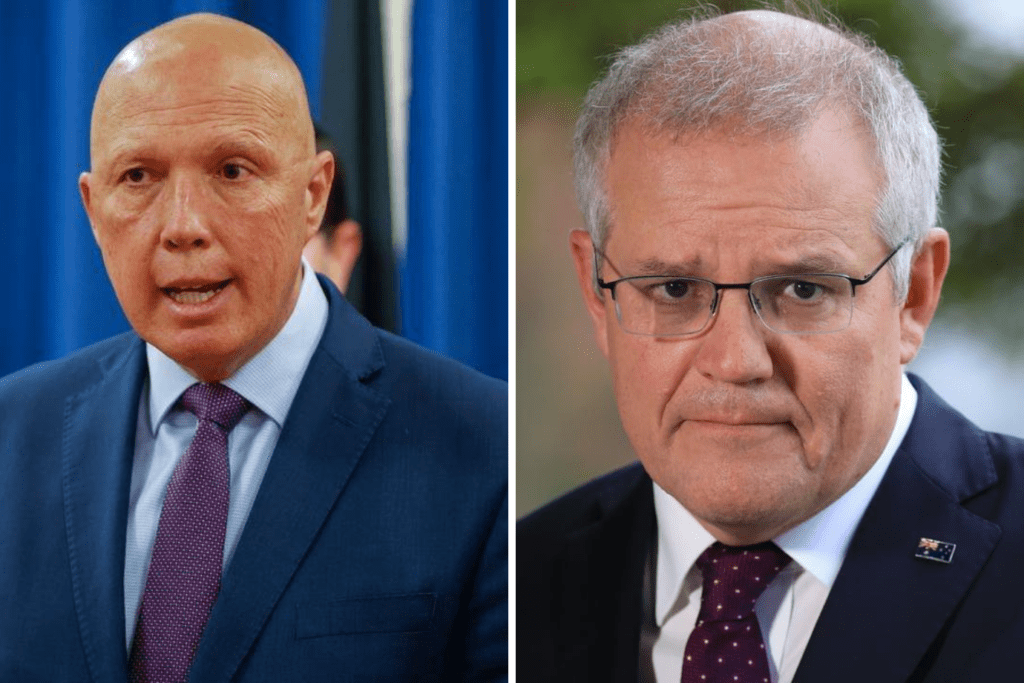Women are less likely to vote for the Coalition by up to 10 percentage points compared to men, according to a new analysis that has been conducted since the federal election.
The Australia Institute conducted an evening poll on the night of the federal election on May 21 and a subsequent poll in June, that shows less women than men voted for the Coalition, and women’s support continued to drop in the weeks after the election.
There was a 7 percentage point gap between male and female Coalition voters at the federal election, with 37 per cent of men voting for the Coalition, compared to 30 per cent of women.
Three weeks after the federal election, just 28 per cent of women said they would vote for the Coalition, compared to 38 per cent of male voters.
Australians also viewed the “treatment of women” as one of the biggest weaknesses for the Coalition at the election, second only the “state of aged care”.
A massive two in three Australians indicated that the treatment of women in politics was a weakness for the Coalition – with both men and women indicating this equally.
“Research and analysis following the federal election shows the Coalition still has a lot of ground to make up with Australian women voters,” said Ebony Bennett, Deputy Director of the Australia Institute.
“This research shows it’s little wonder Liberal Party Senators like Linda Reynolds are publicly voicing concern that the Coalition had its worst result in 30 years for female representation in the House of Representatives.
“Voters said that the ‘treatment of women in politics’ was the second biggest weakness for the Coalition at the recent election, coming narrowly behind ‘the state of aged care’.”
Last week, Liberal senator Linda Reynolds told Sky News that the Coalition should consider introducing gender quotas after a dismal performance at the election. She also said that some of the “teal” independents are the type of women who would have once run for the Liberal party.
“Many of those women, particularly some of the teals, should have been Liberal candidates but they were not,” Reynolds said.
“So we have got a lot of thinking to do, about how we listen to the message of women who spoke so loudly and clearly at the last election.
“I think we have to stop, we have to listen and acknowledge that women have for some time been telling us they’re not happy with us.”
At the election, just 9 female Coalition MPs were elected to the House of Representatives, while 33 male Coalition MPs were elected.
The analysis from the Australia Institute also shows that Australians thought the Morrison government’s failure to implement a federal integrity commission was a big weakness, with 61 per cent of voters indicating this. 60 per cent said Barnaby Joyce was a weakness for the Coalition at the election, as was their handling of bushfires, floods and other natural disasters.
Cost of living pressures, Scott Morrison himself, and attacks on independent candidates during the campaign, were also named as big weaknesses for the Coalition.


